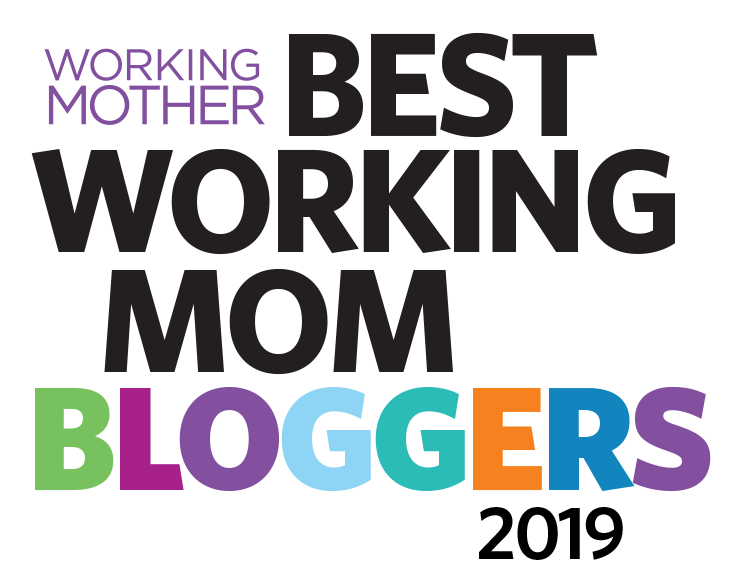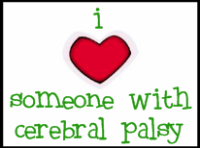You may have read the recent viral story about a woman who comforted a child with special needs having a meltdown on a plane. In some ways, I wish it hadn't been such a big deal. In other ways, I'm hoping it will have an impact on people—something nobody wishes more than the woman involved, who I spoke with yesterday.
Rochel Groner and her husband, Rabbi Bentzion, run the Friendship Circle in Charlotte, N.C., and ZABS Place, an upscale thrift boutique and employment training center for people with disabilities. They were on a plane headed to New York from Tel Aviv, escorting a group of young adults home from a trip. Max has participated in the Friendship Circle since he was five, so I have no objectivity here—just a whole lot of admiration and appreciation for their programs for youth with disabilities. (Last week, in fact, I toured Lifetown, a gigantic, game-changing center in Livingston, NJ, with recreational, therapeutic and educational facilities.) The flight had been delayed for hours, and people nodded off. Rochel was awoken by a noise coming from a child several rows behind her. The sounds grew louder, then the child started shrieking.
"I could tell he was a child with special needs," says Rochel, "and that the meltdown couldn't be resolved by giving him gum or letting him cry himself to sleep—he needed help." Meanwhile, she continues, "people were craning their necks and starting to get restless. I'm a pretty shy person, more behind the scenes, but finally after 15 minutes of screaming I got up and headed over." She came upon a woman in a black robe and head scarf and a boy around 8 or 9 years old in a tunic and matching pants standing in front of his seat, tears streaming down his face.
"I just stuck out my hand—I wasn't sure what I was going to do, I know it must have seemed like a funny thing that I did," she says. But the most amazing thing happened: The boy looked up, gave her his hand and stopped crying. They ended up walking to a nearby bulkhead, where they sat down together. "First, I gave him a gentle but firm hug—I knew that had worked for other kids from Friendship Circle," says Rochel. Then I just started to rock with him, because that's how a lot of kids stim themselves to get calm."
The boy relaxed. Rochel doodled on an air sickness bag and traced her own hand, then his. Her husband brought over some markers. One of the young adults on the trip handed the boy a fidget spinner, which he liked holding to his cheek. A flight attendant gave him cookies. "People have asked me about the mom's reaction to all this," says Rochel. "I don't know! We were on the floor, and I couldn't see her. I hope she got to eat her meal!"
Finally, the boy jumped up and ran back to his mother. Rochel smiled at the mom. "My job was done," she says.
At the end of the flight, Rochel says, "the mother said, 'Thank you, I appreciate, I appreciate.'" Rochel asked about the child's name and where they were headed, then said goodbye. When her husband shared about what had happened on Facebook along with some photos, it spread fast. "While most of the passengers watched on with awe, little did they know that for Rochel, this is her life," he noted.
When stories like this make headlines, I tend to wish that they hadn't. That's because I dream of a world where lending a hand to a child with disabilities is an everyday occurrence that's not newsworthy, a world where where people get that a child acting out isn't doing so because he's misbehaving but because he's on sensory overload. Plane rides (especially delayed ones) can trigger a lot of behaviors in children with autism or sensory issues, as I well know from the plane turbulence of Max's younger years.
But another part of me is glad this story made headlines, given that there is still a fair amount of intolerance out there toward children with disabilities and, really, any child acting out in a public situation. We need actions like Rochel's to show people the way, whether or not a child having a meltdown has disabilities. "Everything we do at Friendship Circle is based on the philosophy that everyone is put into this world for a unique purpose, something only they can accomplish," she says. "And that's why everyone deserves respect, and friends."
Perhaps the friendship Rochel extended to this boy on that day will further encourage respect for children with disabilities—and understanding and empathy when they're losing it. Rochel firmly believes there was a reason she was on the flight that day, and hopes that the story's ripple effect will benefit others. As she says, "The amount one person can accomplish is limited, but when other people are inspired, it's endless."
Photo courtesy of Bentzion Groner











Thank you for the beautiful story. I have a 20 year old grandson with Aspergers syndrome so I am very familiar with the meltdowns that happen with these children. We have found that very few people understand what its like for these children unless they have one in their own family and have seen them up close and personal. Your experience with Max really touched my heart. Its good to see people such as you and your charity helping children with disabilities are out there doing what you can for these people. God Bless you and your Husband as well as the work you are doing! Praise the Lord that He has put such love for these people on your hearts. Thank you!
ReplyDelete